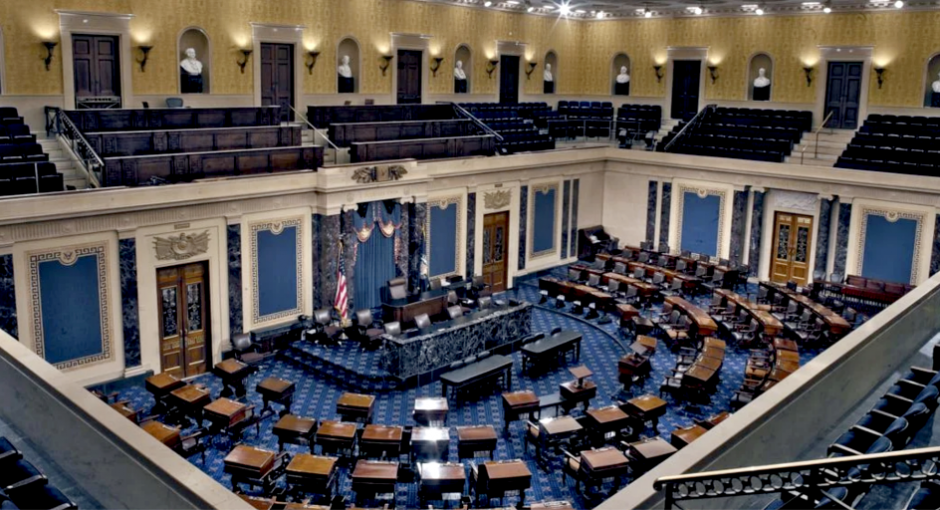The U.S. Senate last night passed a $1.5 trillion federal appropriations bill with language to help some hospitals forced out of the 340B program during the COVID-19 pandemic.
The House passed the bill Wednesday night. President Biden is expected to sign it before midnight.
The bill’s 340B section will help hospitals whose admission patterns have been so disrupted by COVID-19 that their Medicare disproportionate share (DSH) adjustment percentages have fallen below the levels needed to remain in 340B.
According to an American Hospital Association (AHA) bulletin to its members, hospitals that have lost 340B eligibility for this reason can regain access to 340B drug discounts “only from the date of the bill’s enactment through the end of 2022 and not retrospectively.”
“This exception would apply only to 340B hospitals actively participating in the 340B program from the day prior to the start of the COVID-19 public health emergency (Jan. 31, 2020) and who subsequently lost eligibility during the cost reporting periods of 2020, 2021, and ending Dec. 31, 2022,” the AHA told its members. “Hospitals qualifying for the exception would be required to attest to the HHS Secretary that the reason for their loss of 340B eligibility was the result of ‘any actions taken by or other impact on such hospital in response to or as a result of the COVID-19 public health emergency that may have impacted the ability to meet the applicable requirement for the disproportionate share adjustment percentage.'”
The U.S. Health Resources and Services Administration (HRSA) did not immediately respond to a request for comment about how it will implement the new 340B hospital eligibility exception.


